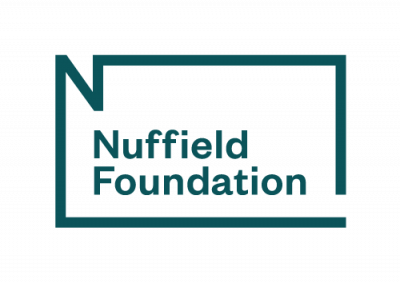A mixed-methods research project in collaboration with the UCL Survey of English Usage to assess whether 'Englicious', a new approach to teaching grammar, has benefits for children’s writing at KS1.

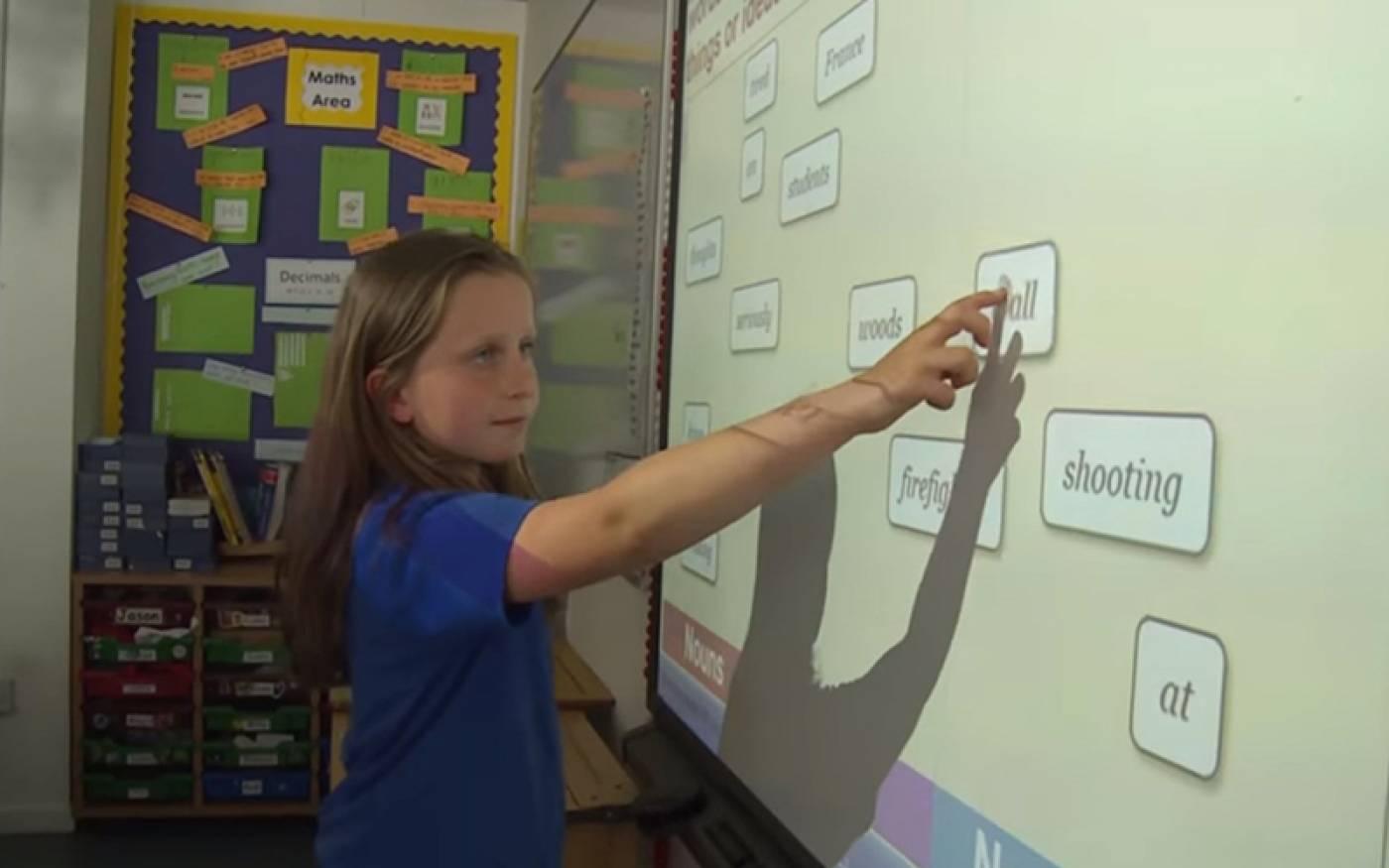
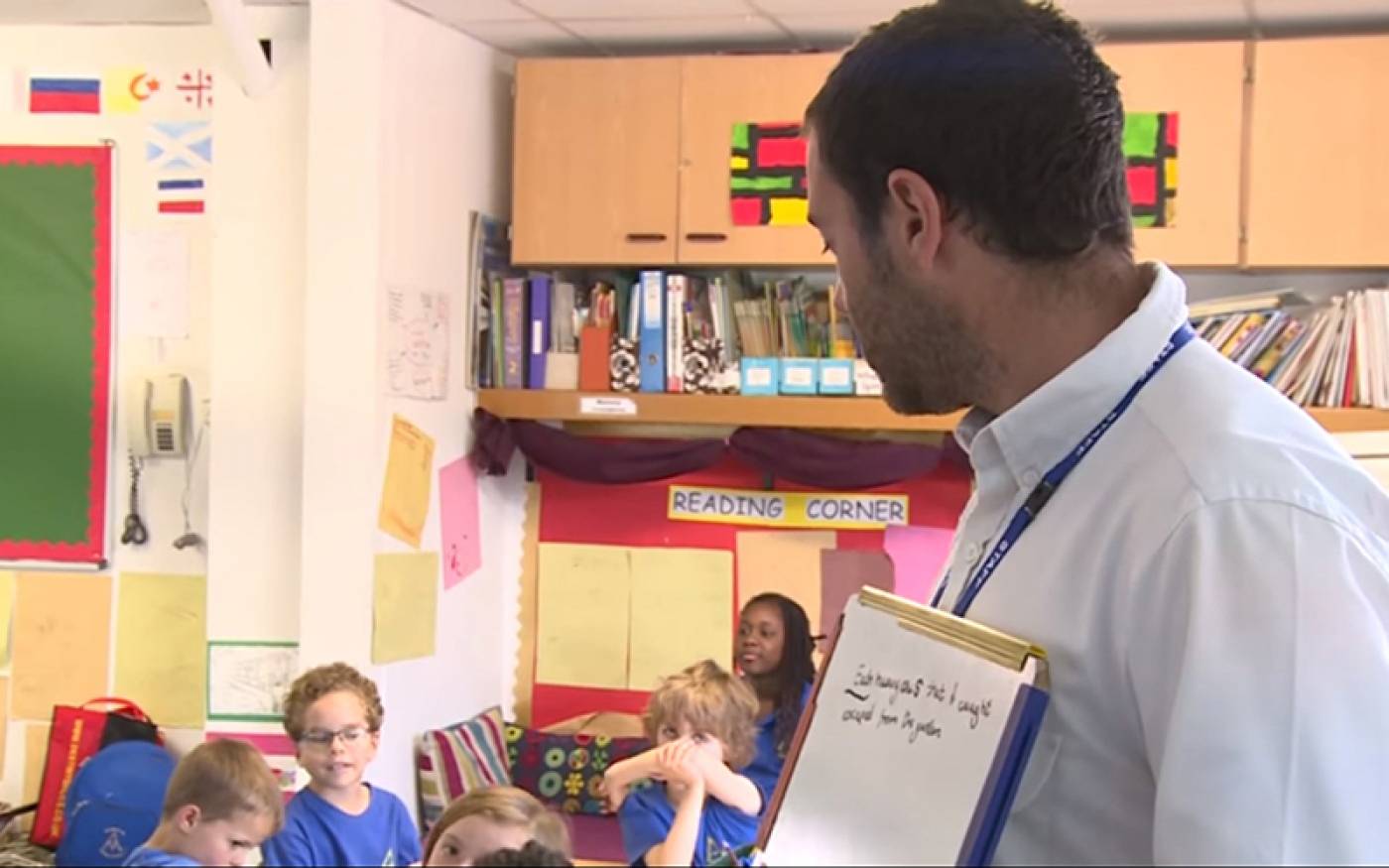
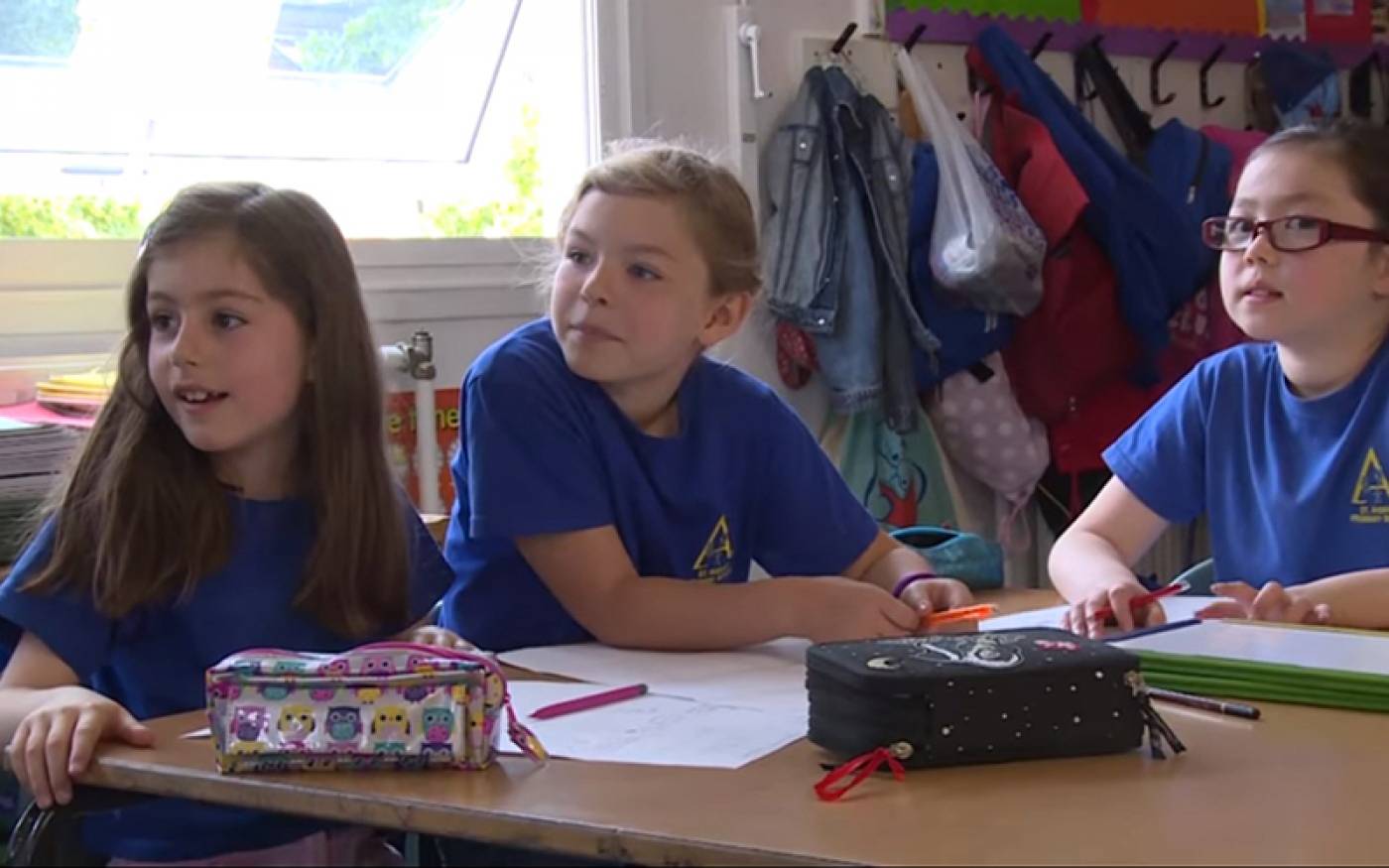
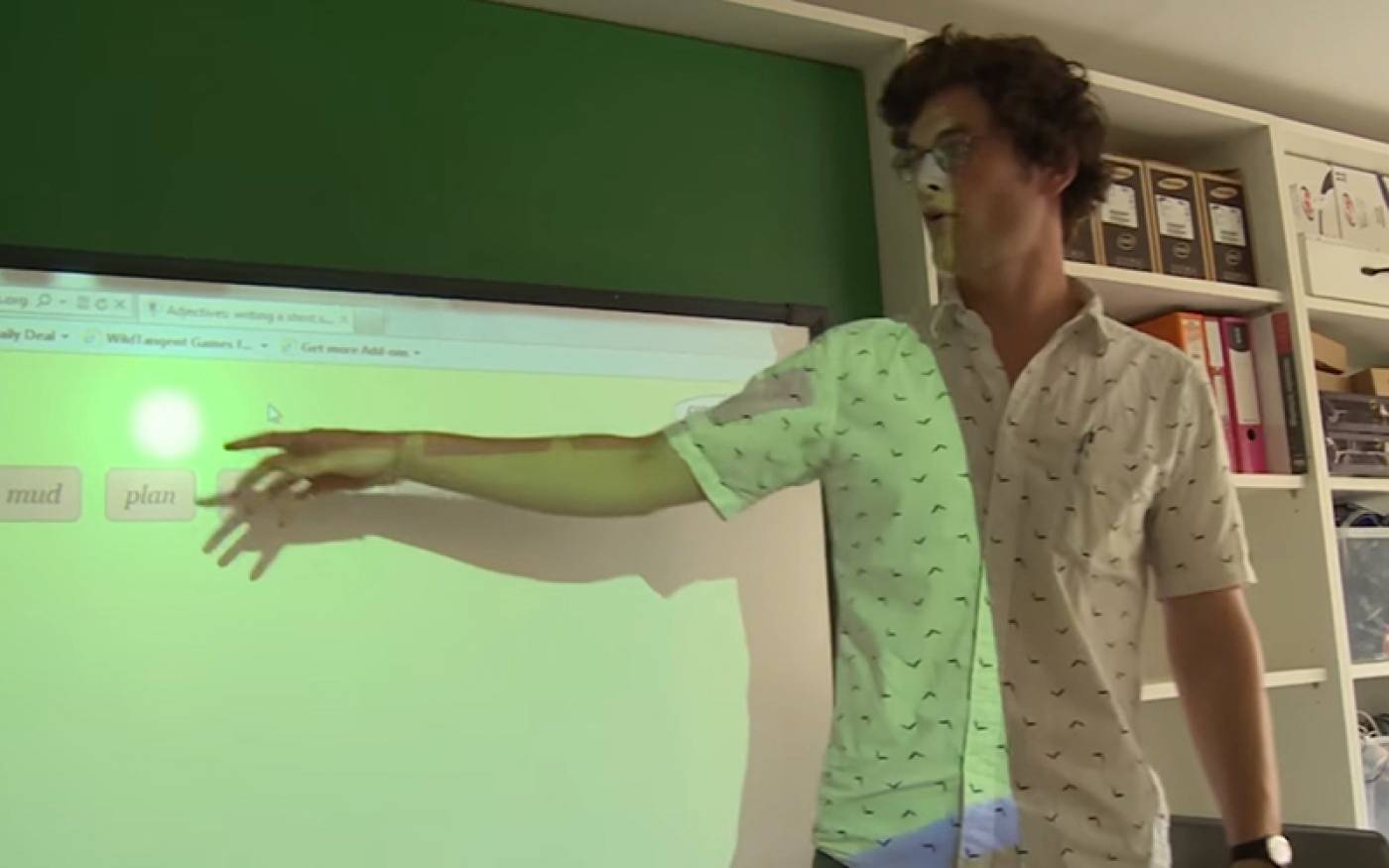
Grammar has a much greater emphasis in the 2014 National Curriculum for England than in previous national curricula, and knowledge of grammar is assessed and tested in schools at Key Stages 1 and 2.
Englicious is a web-based platform that was developed at UCL and is informed by cutting-edge linguistics. It advocates an innovative, interactive, game-based approach to grammar teaching.
As of November 2020, over 10,000 teachers have signed up to use the platform.
- Team
- Professor Bas Aarts, UCL Department of English Language and Literature
- Dr Jake Anders, IOE
- Dr Ian Cushing, Brunel University London
- Professor Julie Dockrell, IOE
- Dr Yana Manyukhina, IOE
- Dr Sue Sing, IOE
- Professor Carole Torgerson, University of York
- Professor Dominic Wyse, IOE
- Aims
The aims of the project are:
- to contribute to the knowledge base in relation to the ways in which the teaching of grammar impacts on pupils’ writing
- to support teachers in relation to the teaching of writing required by the National Curriculum in England
- to bring new evidence to the attention of policy makers who are responsible for the teaching of English, and specifically grammar, in the National Curriculum.
The outcomes will also be of interest to other countries, where English is the dominant language in schools, because the teaching of grammar is included as part of most national curricula for primary schools.
- Research questions
- To what extent is the web-based 'Englicious' Intervention (EI) effective in improving pupils’ writing?
- What are the main implications for teacher practice as a result of implementing EI and, more generally, for evidence-informed teaching of writing?
- In what ways do the outcomes of the research have implications for the teaching of writing in the National Curriculum for primary schools in England?
- Methods
The 'Englicious' approach is being evaluated by using the mixed methods design of Randomised Controlled Trial (RCT) and qualitative process evaluation.
70 year two teachers have been allocated at random to two groups:
- The 'Englicious' Intervention (EI) will be trained to use 'Englicious' in lessons
- The ‘business as usual’ group will teach their normal writing lessons and will not receive additional training until project completion.
Children’s writing will be assessed using a standardised test and a bespoke sentence construction measure:
- pre-randomisation, and
- at the end of the school year, after the treatment group has received the EI intervention.
- Latest activities
Spring 2019
The project began. Following a successful recruitment phase, the project team began working with 64 primary schools and excellent progress was being made until COVID-19 resulted in the closure of all schools across the country and a national lockdown being imposed in March 2020.
Autumn 2020
Project activities resumed with many of the same schools and with an encouraging number of newly-recruited schools across London and the neighbouring counties of Essex, Kent and Surrey (70 schools, in total).
However, the project incurred further delays due to another national lockdown in January 2021. In March 2021, all new schools were randomised and all new intervention school teachers received our free training on the Englicious intervention.
Summer 2021
All teachers in the intervention group delivered the Englicious lessons throughout this term while schools in the comparison group continued to teach grammar under a ‘business-as-usual’ approach.
During this time, team members conducted a series of process evaluation fieldwork visits to 12 participating schools (six intervention schools and six comparison schools, selected through a randomised process). These visits enabled us to gather invaluable qualitative data on the teaching and learning of grammar through opportunities to observe lessons and through semi-structured discussions with the participating teacher in each school.
During the final weeks of term, the participating children in all schools (c.2000) completed two post-intervention writing activities. This data, along with similar data gathered for the children’s baseline measure (c.12,000 scripts of writing), was scored by an appointed team of markers who were provided with specialist training and guidance. Inter-rater reliability checks were conducted throughout to ensure greater robustness in the marking process.
Autumn 2021
The research team have been analysing all of the quantitative and qualitative data gathered. The team are currently preparing a final report, which is due to be submitted shortly to The Nuffield Foundation (funder).
End-of-project dissemination conference
This will take place on Tuesday 23 November 2021. It is a free event of particular interest to primary school teachers, literacy leads, headteachers, researchers, academics and policymakers: see more information or sign up for a place.
Further updates will be provided on this page as our work progresses so do check back for the latest news.
Any questions?
Or would you like to know more about any particular aspect of our research? Email us grammar-project@ucl.ac.uk
- Outputs
 Close
Close


